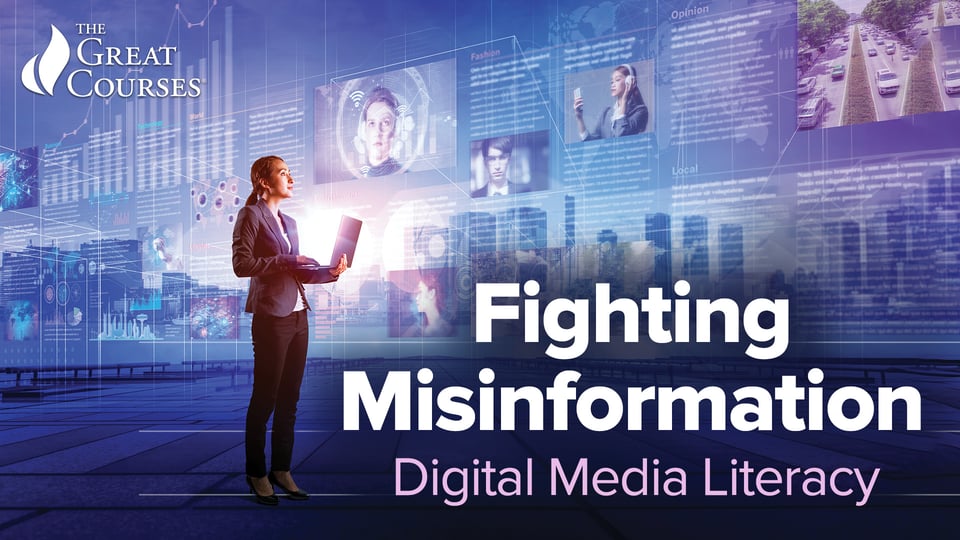
It is easy (and sometimes satisfying) to throw around the term “fake news.” But what does it really mean? When people refer to something as fake, what they are likely thinking of is the type of disordered information that Claire Wardle, a professor at Brown University and co-founder of First Draft News, breaks into three categories:
Wardle goes on to identify seven types of mis- and disinformation:

 Fighting Misinformation: Digital Media Literacy: The International Research & Exchanges Board (IREX) has teamed up with The Great Courses to lead you step by step through the history, evolution, science, and impact of misinformation, and to arm you with the very skills needed to defuse the threat of misinformation media and become a more savvy media consumer. (8 episodes)
Fighting Misinformation: Digital Media Literacy: The International Research & Exchanges Board (IREX) has teamed up with The Great Courses to lead you step by step through the history, evolution, science, and impact of misinformation, and to arm you with the very skills needed to defuse the threat of misinformation media and become a more savvy media consumer. (8 episodes)
 Assessing Science and Health News How can we make good decisions about important health and science issues if we cannot trust the news we get about them? Scientific knowledge, by its very nature, is always changing, but using some simple methods described in this episode, you can ascertain the validity of health and science information.
Assessing Science and Health News How can we make good decisions about important health and science issues if we cannot trust the news we get about them? Scientific knowledge, by its very nature, is always changing, but using some simple methods described in this episode, you can ascertain the validity of health and science information.